North Indian or Hindustani art music has a wealth of vocal genres and instrumental styles. Some of them rooted in the past and others of a more recent origin. Although Indian music is primarily an oral tradition, it has a long practice of written music theory. Through dozens of musicological treatises and other historical documents we know that changes in patronage and musical taste have had a profound effect on ragas, talas, style and repertoire.
This collection of twenty-five essays by prominent Scholars provides a major overview of the history of Hindustani music from the thirteen to the twentieth centuries, and the sources that make up this history, The essays are thematically arranged into five parts: (1) the Formative Period, (2) The Modern Period, (3) Musical Instruments, (4) Indian Music and the West and (5) Concepts and Theories.
Addressing a broad range of issues, the authors raise questions about the sociocultural and political contexts in which new musical forms and instruments arose. Much attention is given to the developments that took place in music life during the last three centuries, and to the impact of the colonial encounter and nationalism when Hindustani music acquired its modern identity.
Covering eight centuries, this 736-page volume has a comprehensive introduction and extensive bibliographies. With such a variety of topics and source materials, it is invaluable for anyone interested in Hindustani music and its history.

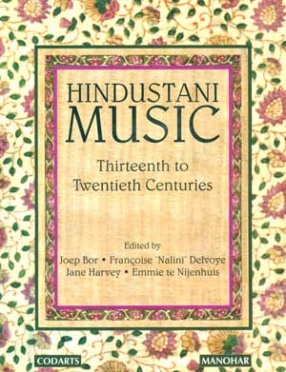
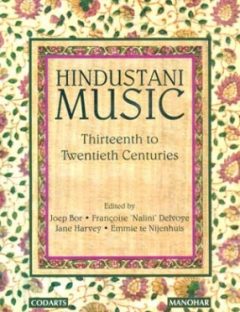
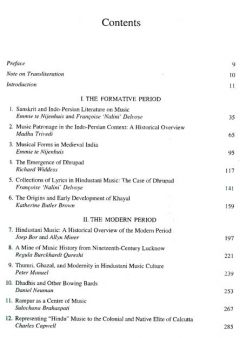
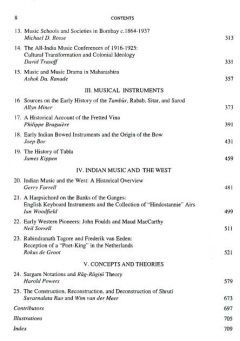
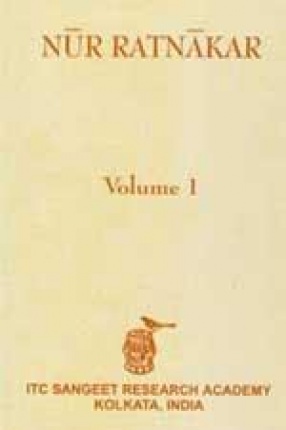

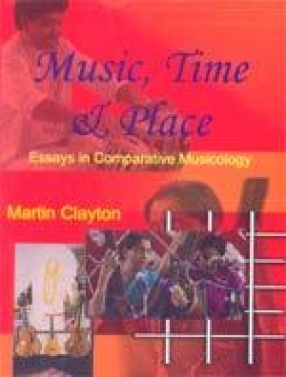

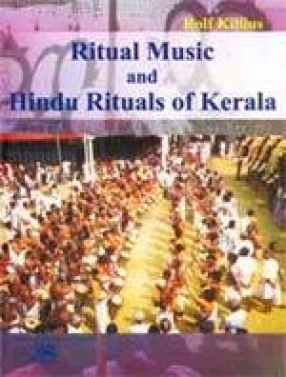
There are no reviews yet.